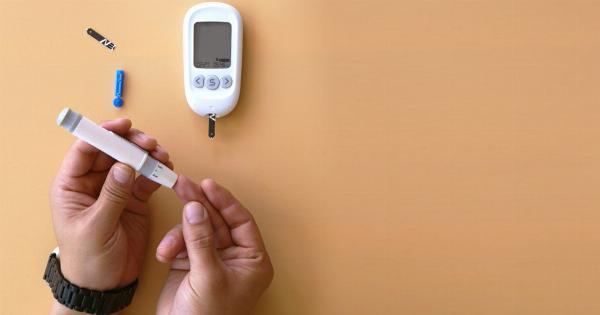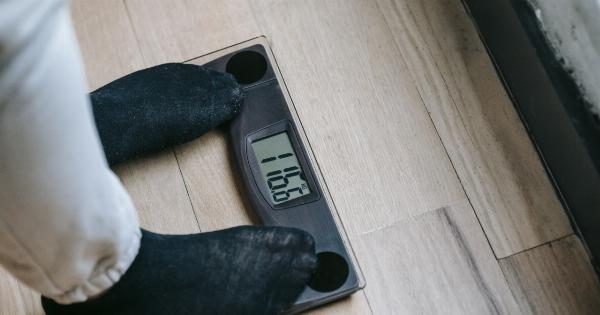The heart is a vital organ that pumps blood and provides oxygen to all the organs in the body. When the heart beats, an electrical signal is generated that travels through the heart’s electrical system and causes the muscle to contract.
An arrhythmia is an irregular heartbeat, where the heart beats too fast, too slow, or irregularly. These problems with the heart’s rhythm can affect the heart’s ability to pump blood effectively to the body and can lead to serious health conditions.
Types of Arrhythmias
There are different types of arrhythmias that can affect the heart, and they are divided into two categories: atrial arrhythmias and ventricular arrhythmias.
Atrial Arrhythmias
Atrial arrhythmias occur in the upper chambers of the heart, called the atria. These arrhythmias include:.
- Atrial fibrillation
- Atrial flutter
- Paroxysmal supraventricular tachycardia (PSVT)
Ventricular Arrhythmias
Ventricular arrhythmias occur in the heart’s lower chambers, called the ventricles. These arrhythmias include:.
- Ventricular fibrillation
- Ventricular tachycardia
- Long QT syndrome
Causes of Arrhythmias
The causes of arrhythmias are often unknown, but some factors that can contribute to the development of an arrhythmia include:.
- Heart disease, such as coronary artery disease, heart attack, or heart failure
- High blood pressure
- Abnormal thyroid levels
- Electrolyte imbalances, such as low potassium or magnesium levels
- Smoking
- Excessive alcohol consumption
- Stress or anxiety
- Diabetes
- Sleep apnea
Symptoms of Arrhythmias
Not all arrhythmias cause symptoms, but some people may experience:.
- Palpitations (a feeling of skipped or extra heartbeats)
- Dizziness or lightheadedness
- Fainting
- Chest pain or discomfort
- Shortness of breath or difficulty breathing
- Fatigue
Treatment of Arrhythmias
The treatment of arrhythmias depends on the type and severity of the arrhythmia and the underlying cause. The treatment options include:.
- Medications, such as beta-blockers, calcium channel blockers, or anti-arrhythmic drugs
- Cardioversion, a procedure that uses electrical shock or medication to restore the heart’s normal rhythm
- Ablation, a procedure that uses radiofrequency energy to destroy the heart tissue that causes the arrhythmia
- Implantable devices, such as pacemakers or defibrillators, to regulate the heart’s rhythm
Prevention of Arrhythmias
Some lifestyle changes can help prevent the development of arrhythmias, such as:.
- Eating a healthy diet
- Exercising regularly
- Maintaining a healthy weight
- Managing stress
- Avoiding excessive alcohol or caffeine
- Stopping smoking
Conclusion
Arrhythmias are a common heart problem that can lead to serious health conditions if left untreated.
There are different types of arrhythmias that can affect the heart’s rhythm, and the causes and treatment options vary depending on the specific arrhythmia and underlying cause. By maintaining a healthy lifestyle and seeking medical attention if experiencing any symptoms, one can help prevent and manage arrhythmias.































